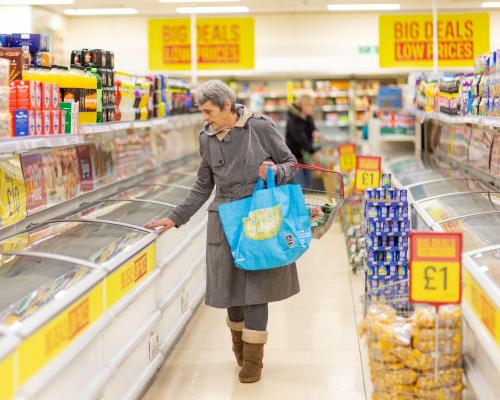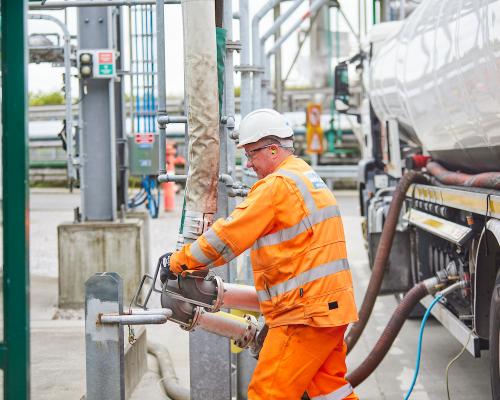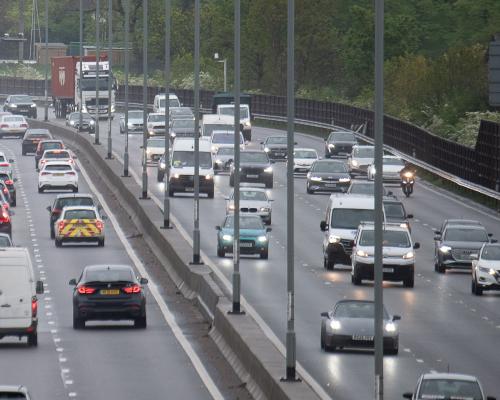
The grocery chain Iceland is offering customers who shop a thief a £1 reward on their loyalty card.
The frozen food specialist said that anyone who spots a suspected shoplifter in its stores should inform the nearest Iceland employee who will verify the incident before adding the reward to the individual’s loyalty card for immediate use.
Richard Walker, the executive chair of the family-owned group, told Channel 5 News that thefts cost the retailer £20m and drained resources that could be spent on staff hours or lower prices. “Some people see it as a victimless crime, it is not,” he said.
He said retail crime was happening right across the UK and not just in tough urban areas: “The scourge of shoplifting on our high streets continues to plague the UK, and the problem is only worsening, with criminal activity spreading across, not just big cities, but our market towns and villages too.
“In order to combat any activity in Iceland stores, we’re encouraging our loyal customers to help sound the alarm, and if they do help to catch a shoplifter, we’ll top up their Bonus Card to spend in store.”
In April official figures showed that the number of shoplifting offences recorded by police in England and Wales has risen to the highest level on record, passing half a million offences in 2024.
Retailers say the figures from the Office for National Statistics “severely underestimate” the scale of the problem, which would amount to only two incidents for each shop a year.
The British Retail Consortium (BRC) has pointed to a rise in shoplifting by organised gangs stealing to order.
This week the policing minister, Dame Diana Johnson, warned the public against confronting shoplifters and suggested that retailers should not display expensive items such as alcohol at the front of stores.
Her comments followed a claim by the Conservative police and crime commissioner for Thames Valley, Matthew Barber, that people had a duty to stand up to shoplifters rather than relying solely on police officers.
Retailers say that shops have been seen as a soft target since a 2014 change in the law in England and Wales under which those stealing goods worth less than £200 are usually spared any prison term.
Big chains have also been accused of contributing to the rise in crime by reducing staff numbers and using more self-service checkouts and handheld “scan and shop” devices in stores to keep costs down.
However, businesses say they have spent millions of pounds on improving security in recent years, including installing facial recognition and AI-aided cameras.
The government has set out legislation to help tackle shoplifting, including removing the £200 threshold for “low-level” theft.
The crime and policing bill, which is working its way through parliament, will also introduce a stand-alone offence of assaulting a retail worker. The government has promised funds to tackle organised gangs involved in shop theft.







